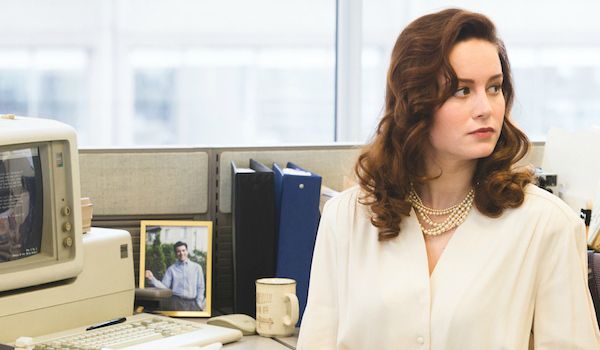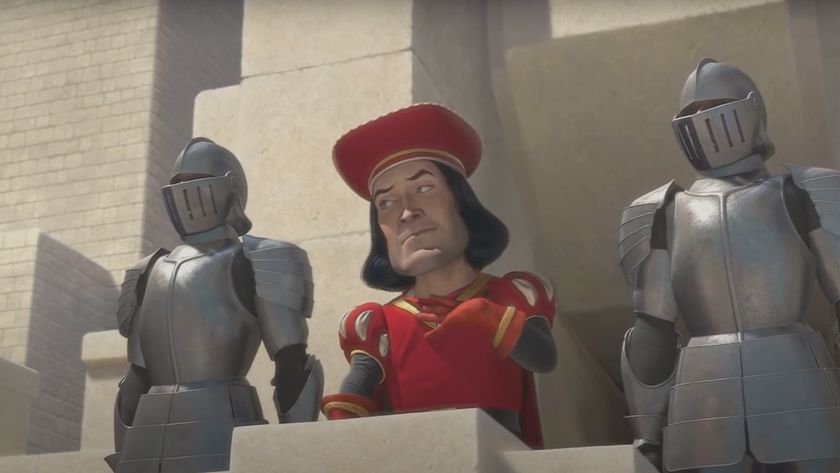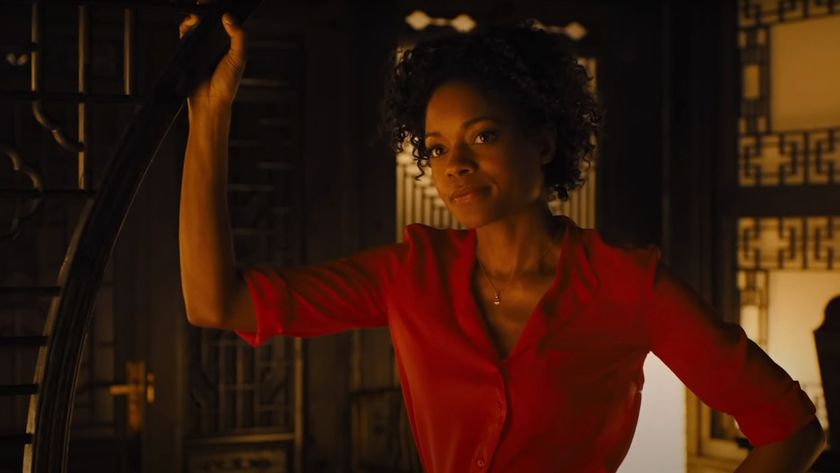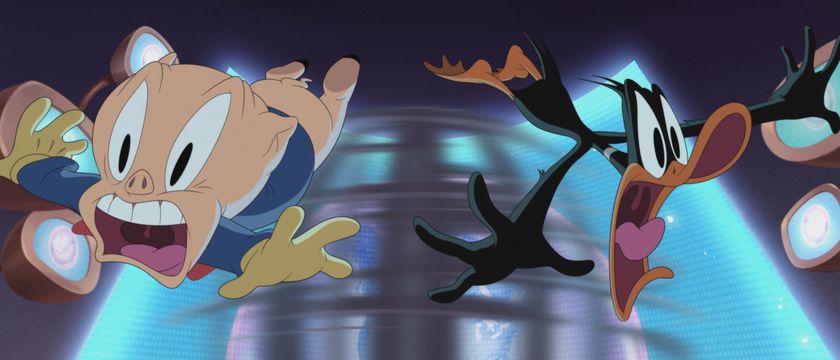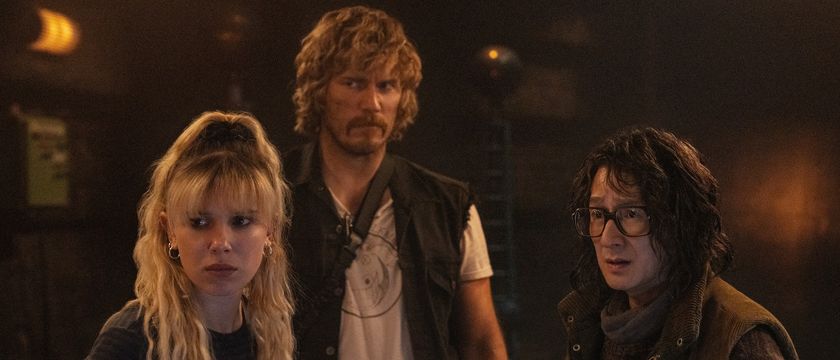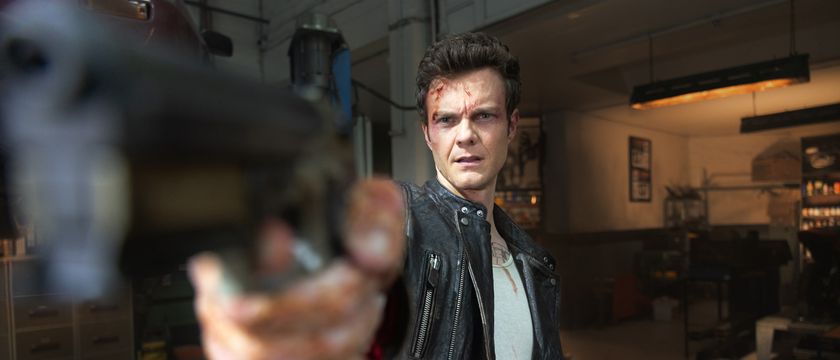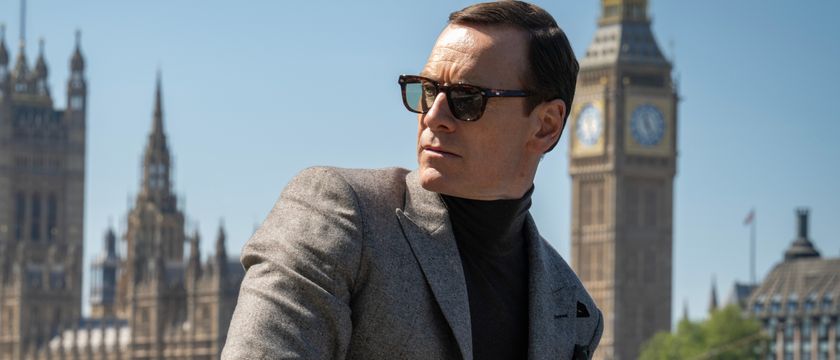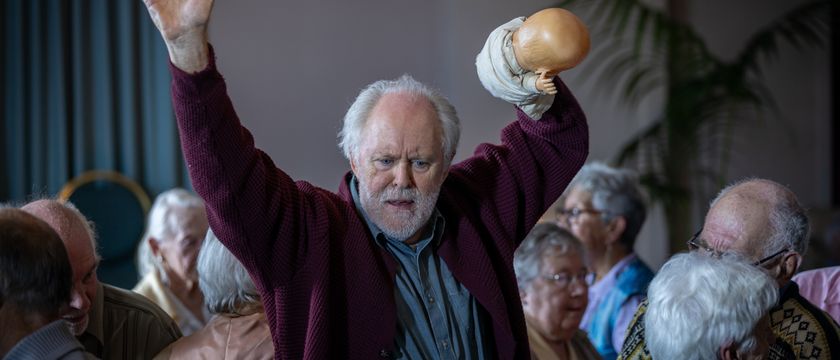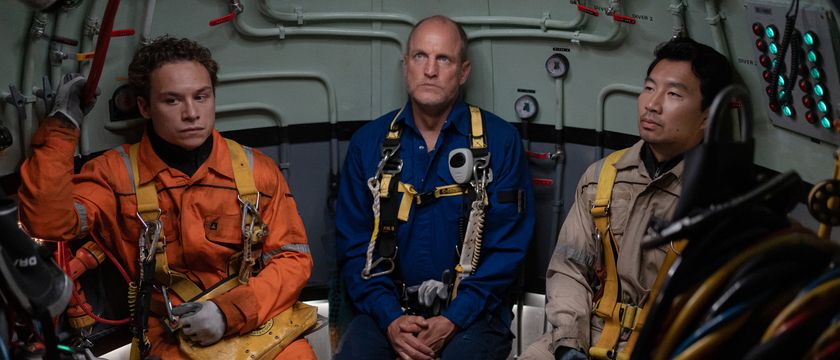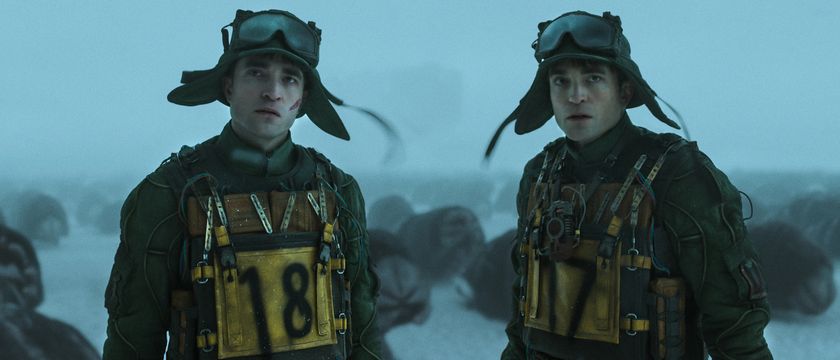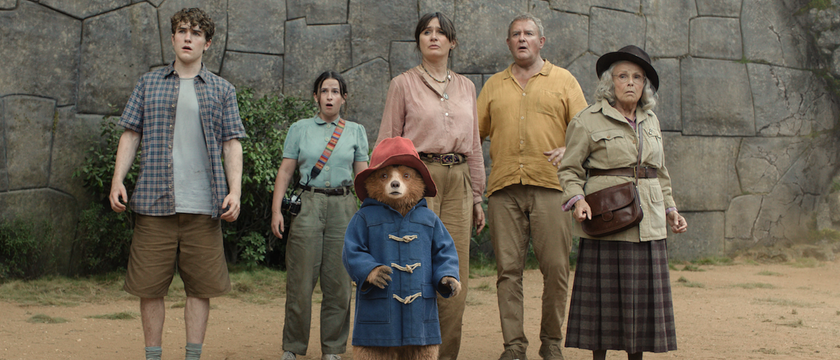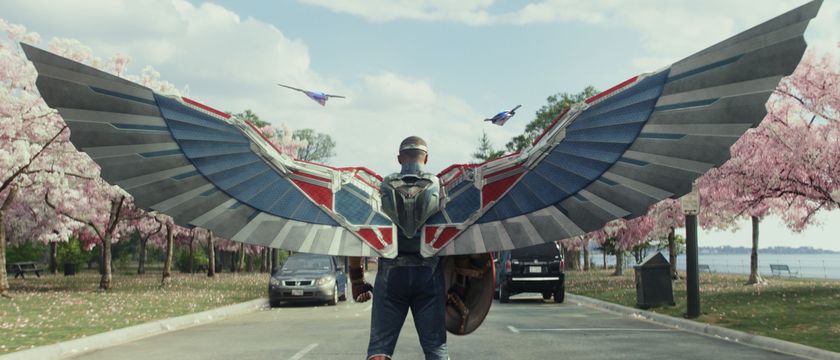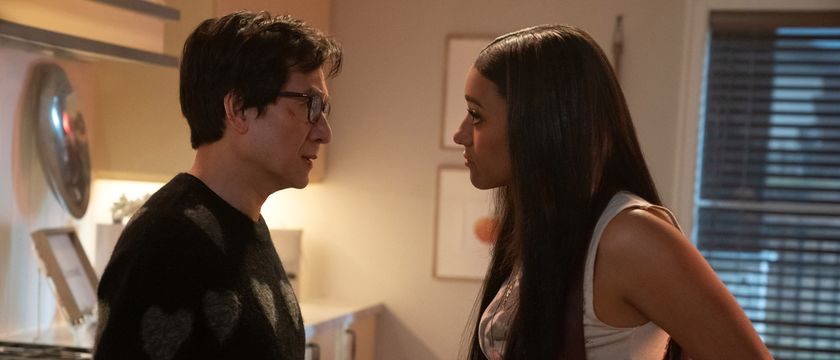No matter where we go or what we do with our lives, there's no changing where we came from or who was there with us as we grew up. For better or for worse, our childhoods define us, and few people have ever experienced a childhood as bizarre and turbulent as New York Times best-selling author Jeannette Walls. Destin Daniel Cretton's The Glass Castle is the silver screen take on Jeannette's life story, and while the film sometimes gets bogged down in cliché and a palpable sense of melodrama, the two lead performances and strength of execution definitely make it worth a watch.
Chronicling events that actually transpired in the life of author Jeannette Walls, The Glass Castle follows the writer (portrayed as an adult by Brie Larson) as she navigates her seemingly perfect life as a gossip columnist in 1989. Engaged to a wealthy New York businessman named David (Max Greenfield), Jeannette does everything in her power to avoid revealing much about her past -- until she comes across her mother Mary (Naomi Watts) and her father Rex (Woody Harrelson) living as squatters in the city. Following this encounter, memories of Jeannette's childhood come flooding back to her, and she finds herself forced to grapple with the traumatic events that occurred at the hands of her alcoholic (yet well-intentioned) father.
Right off of the bat, it's easy to see that Brie Larson (reuniting with Cretton after her star-making performance in Short Term 12) and Woody Harrelson fire on all cylinders in this movie. Though Max Greenfield and Naomi Watts often find themselves shortchanged by the material given to them, Larson and Harrelson are absolutely magnetic as an estranged father-daughter duo. Harrelson, in particular, delivers a career-best performance as the hard-drinking Rex Walls, and the actor conveys a notable sadness and empathetic sensibility -- even when Rex does things that are objectively abhorrent. Harrelson has two Oscar nominations to his name for The Messenger and The People vs. Larry Flynt, but The Glass Castle could potentially be the one that turns him from Academy Award Nominee Woody Harrelson into Academy Award Winner Woody Harrelson.
Brie Larson similarly does an incredible job embodying her role, which it is even more impressive when you learn that Jennifer Lawrence was actually the first choice for the role before dropping out. However, the use of flashbacks gives her considerably less screen time and forces her to share Jeannette with several other talented young actresses like Ella Anderson and Chandler Head, thus making Harrelson the de facto "star" of the show.
That said, although The Glass Castle is an adaptation of a wildly successful memoir, it is also sometimes hard to shake the sense that certain sequences in the movie feel ripped straight from "Oscar Bait 101." From a scene in which Rex drives his family out into the middle of the desert to camp under the stars and experience "real" life, to an emotional alcohol detox scene, it is sometimes hard to shake the sense that we have seen moments like these in other movies. They are the type of moments that get played during reels at awards ceremonies, and it sometimes lends the cynical sense that The Glass Castle knows exactly what it is trying to achieve with its particular form of storytelling.
That's not to say that Destin Daniel Cretton doesn't handle most of these (admittedly cliché) scenes with a deft hand. There is a high degree of filmmaking prowess on display in The Glass Castle's cinematography, and a few of the movie's more emotional sequences maintain a decidedly raw tone that almost makes you forget that the film has a PG-13 rating. Perhaps most notably, there's a scene towards the middle of the movie in which an inebriated Rex attempts to teach Jeannette to swim at a public pool. Mostly shot in one take, the sequence starts off innocent enough but builds in tension as the audience begins to realize just how far Rex is willing to go to show off his unorthodox parenting style. It's sequences like this one that make The Glass Castle work as well as it does, but they can only work so well when the narrative foundation (much like the foundation of an actual glass castle) can't hold it up.
Ultimately, the biggest issue with The Glass Castle is the fact that the scenes that catch up with adult Jeannette Walls in 1989 simply don't carry the same amount of weight as the film's flashbacks. The "present day" sequences are meant to work in tandem with the flashbacks in order to help flesh out the story of the Walls family, but the flashbacks simply have so much more meat on their bones that you start to wait for them whenever the film cuts back to adult Jeannette. It's obviously important to see the long-term consequences of the Rex-Jeannette relationship, but the film could've done a better job of investing us in both arcs.
Let me be clear; The Glass Castle is the furthest thing from a bad movie. It tells an emotionally rich story replete with Oscar-caliber performances and some impressive visuals. The only issue is the fact that it depicts a somewhat conventional and cliché arc that builds to an emotional yet still predictable and unsatisfying climax. There's an abundance of talent on display in The Glass Castle, but the story of the Walls family never rises to the occasion and becomes greater than the sum of its parts.
Originally from Connecticut, Conner grew up in San Diego and graduated from Chapman University in 2014. He now lives in Los Angeles working in and around the entertainment industry and can mostly be found binging horror movies and chugging coffee.
